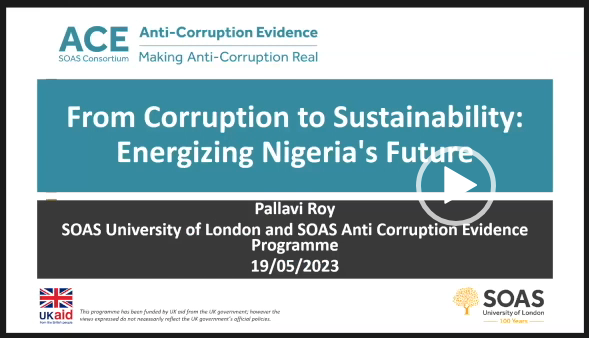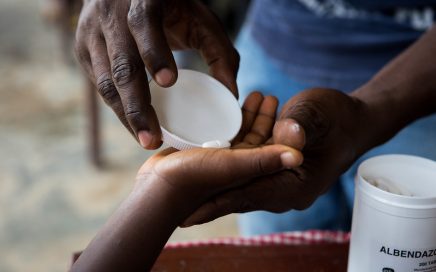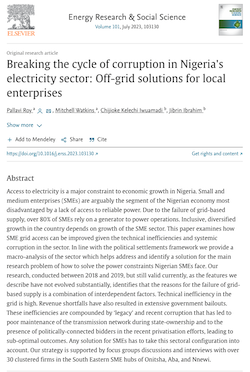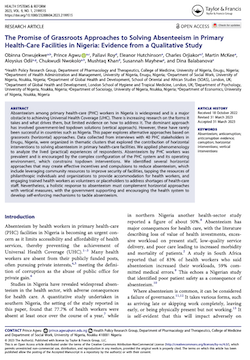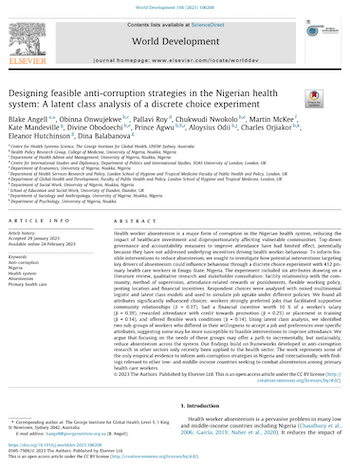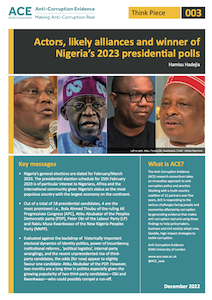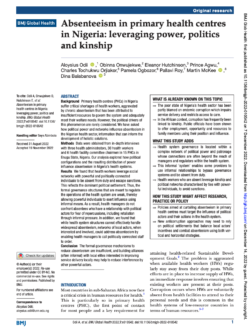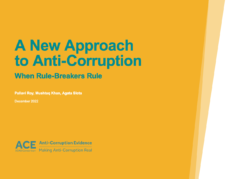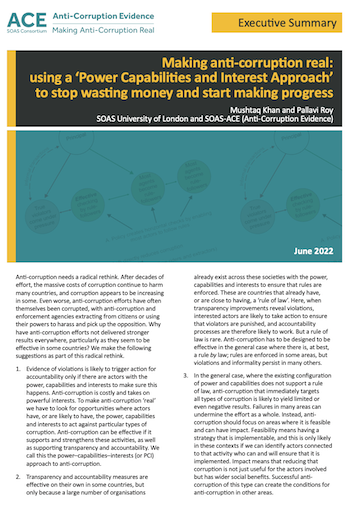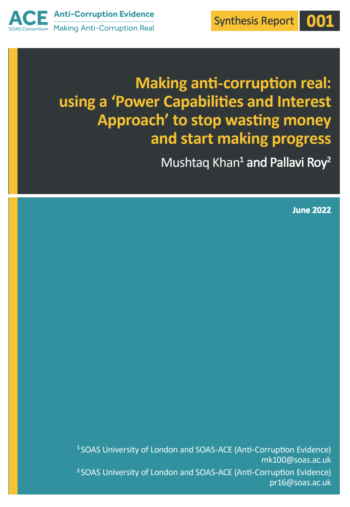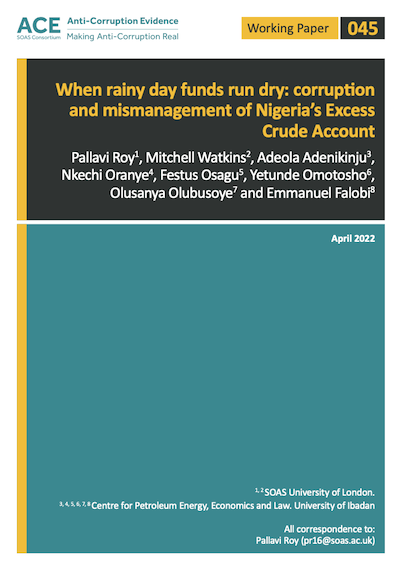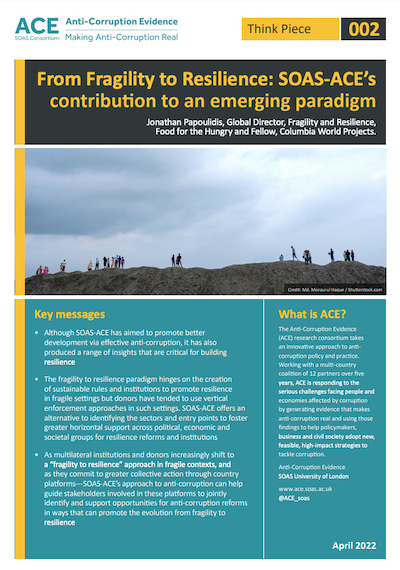
Nigeria
Nigeria is Africa’s largest economy and full of entrepreneurial activity, an often-neglected observation under the wave of adverse media reports on the country’s security situation. While there are high levels of corruption and violence in Nigeria – much of it linked to its oil-producing regions and the hydrocarbon economy – there are also significant opportunities for reform.
With oil prices volatile and plummeting, the need to move the economy away from oil and gas is viewed as pressing by domestic stakeholders. But although politics is seen as fierce and chaotic, it appears to be solidifying the institutional mechanisms of changing rule through elections and coalitions.
Nigeria hasn’t yet plunged into a constitutional crisis nor seen high levels of internecine violence, which at the turn of the century would have seemed possible. While the nature of instability is that conditions could go either way, the opportunities for political representation run deep in Nigerian politics and representatives are unlikely to trade these for a complete return to authoritarianism.
These changes in the political settlement will impact upon policy design and outcomes. ACE’s sectoral analysis points to feasible and high-impact opportunities in productive sectors that would help to tackle corruption, meaning that our incremental approach will adapt well to these changing dynamics. With our partners, we believe the pursuit of reforms at sectoral levels will lead to more broad-based positive developmental outcomes for the country.
Projects in Nigeria
Publications
Breaking the cycle of corruption in Nigeria’s electricity sector: Off-grid solutions for local enterprises
Access to electricity is a major constraint to economic growth ...
The Promise of Grassroots Approaches to Solving Absenteeism in Primary Health-Care Facilities in Nigeria: Evidence from a Qualitative Study
Absenteeism among primary health-care (PHC) workers in Nigeria is widespread ...
Designing feasible anti-corruption strategies in the Nigerian health system: A latent class analysis of a discrete choice experiment
Health worker absenteeism is a major form of corruption in ...
Actors, likely alliances and winner of Nigeria’s 2023 presidential polls
Voters in Africa’s biggest democracy, Nigeria, are preparing to go ...
Absenteeism in primary health centres in Nigeria: leveraging power, politics and kinship
Background Primary health centres (PHCs) in Nigeria suffer critical shortages of ...
A New Approach to Anti-Corruption – When Rule-Breakers rule
This toolkit provides a step by step guide to analysing ...
Summary: Making anti-corruption real: using a ‘Power Capabilities and Interest Approach’ to stop wasting money and start making progress
Anti-corruption needs a radical rethink. After decades of effort, the ...
Making anti-corruption real: using a ‘Power Capabilities and Interest Approach’ to stop wasting money and start making progress
Anti-corruption needs a radical rethink. After decades of effort, the ...
When rainy day funds run dry: corruption and mismanagement of Nigeria’s Excess Crude Account
Developing countries dependent on natural resource revenues to finance their budgets are characteristically prone to the boom-and-bust economic cycles driven by volatility in commodity markets.
From Fragility to Resilience: SOAS-ACE’s contribution to an emerging paradigm
Although SOAS-ACE has aimed to promote better development via effective anti-corruption, it has also produced a range of insights that are critical for building resilience.


